10 Best Herbal Decoctions For Baldness
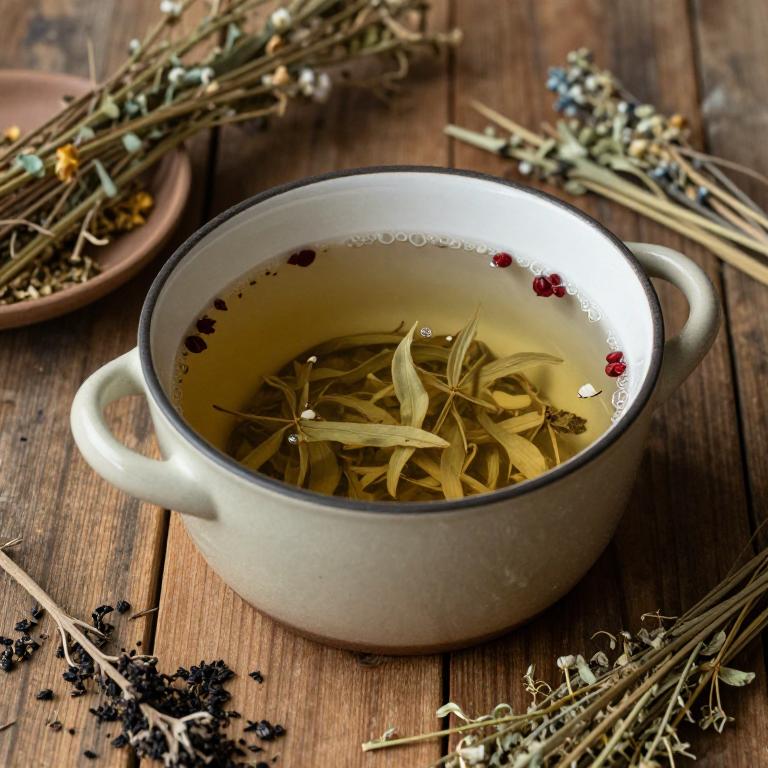
Herbal decoctions have been traditionally used to address baldness by promoting hair growth and improving scalp health.
Commonly used herbs include saw palmetto, nettle, and rosemary, which are believed to stimulate blood circulation and reduce DHT, a hormone linked to hair loss. These decoctions are typically prepared by steeping the dried herbs in hot water for several hours, allowing the active compounds to be extracted. While some studies suggest potential benefits, more research is needed to confirm their efficacy and safety.
Nonetheless, many people continue to use these natural remedies as part of their holistic approach to managing hair loss.
Table of Contents
- 1. Goatweed (Eclipta prostrata)
- 2. Turmeric (Curcuma longa)
- 3. Bacopa (Bacopa monnieri)
- 4. Thistle (Silybum marianum)
- 5. Ginger (Zingiber officinale)
- 6. Aloe vera (Aloe barbadensis)
- 7. Ginkgo (Ginkgo biloba)
- 8. Sacred lotus (Nelumbo nucifera)
- 9. Black pepper (Piper nigrum)
- 10. Centella (Centella asiatica)
1. Goatweed (Eclipta prostrata)

Eclipta prostrata, commonly known as false dandelion, has been traditionally used in herbal medicine for its potential benefits in treating baldness and promoting hair growth.
The plant contains compounds such as wedelolactone and ecdysterone, which are believed to stimulate hair follicles and enhance scalp health. Herbal decoctions of Eclipta prostrata are typically prepared by boiling the dried leaves in water, and the resulting liquid is applied topically or consumed internally as a supplement. Some studies suggest that these decoctions may help in reducing hair loss and encouraging the regrowth of hair in individuals with alopecia.
However, while anecdotal evidence supports its use, more scientific research is needed to fully understand its efficacy and safety for treating baldness.
2. Turmeric (Curcuma longa)

Curcuma longa, commonly known as turmeric, has been traditionally used in herbal medicine for its purported health benefits, including potential effects on hair growth.
Some studies suggest that curcumin, the active compound in turmeric, may stimulate hair follicles and promote scalp health, which could theoretically support hair regrowth. Herbal decoctions made from curcuma longa are often prepared by boiling the rhizomes in water to extract its active components, which are then applied topically or consumed orally. While preliminary research shows promise, more clinical trials are needed to confirm its efficacy for treating baldness.
As with any herbal remedy, it is important to consult a healthcare professional before using curcuma longa for hair loss to ensure safety and appropriateness for individual health conditions.
3. Bacopa (Bacopa monnieri)
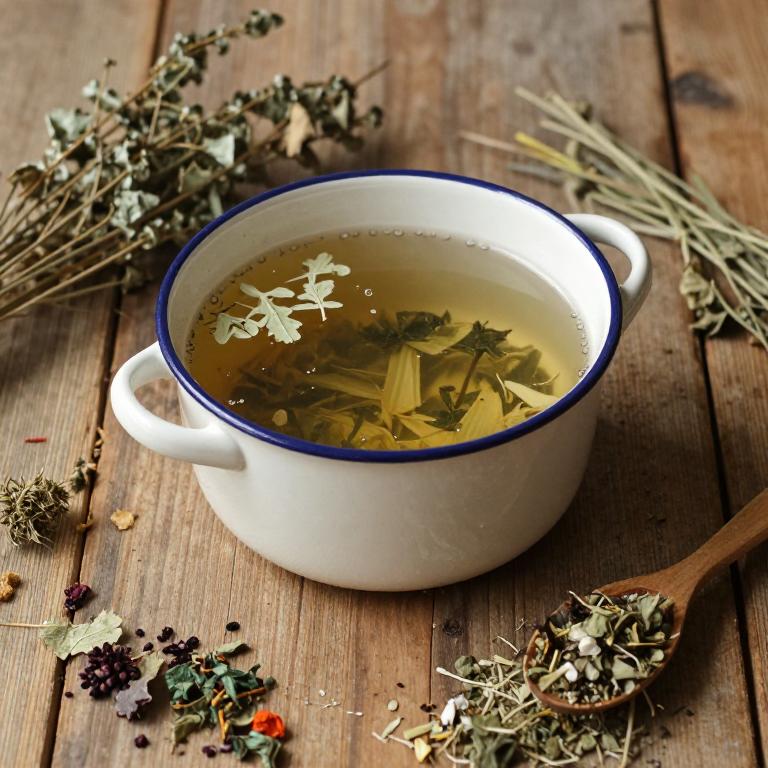
Bacopa monnieri, also known as Brahmi, is an ancient Ayurvedic herb that has been traditionally used to enhance memory and cognitive function.
While it is not a primary treatment for baldness, some studies suggest that its active compounds may support hair growth by improving scalp circulation and reducing oxidative stress. Herbal decoctions of Bacopa monnieri are often prepared by boiling the leaves in water and applying the resulting liquid to the scalp. These decoctions are believed to strengthen hair follicles and may help in preventing further hair loss.
However, more clinical research is needed to fully establish its efficacy for treating baldness.
4. Thistle (Silybum marianum)

Silybum marianum, also known as milk thistle, is a herbal plant that has been traditionally used for its potential health benefits, including liver support and antioxidant properties.
While it is not a direct treatment for baldness, some studies suggest that its active compound, silymarin, may promote hair growth by improving scalp health and reducing inflammation. Herbal decoctions made from silybum marianum are often used in alternative medicine to stimulate hair follicles and enhance circulation to the scalp. However, more clinical research is needed to confirm its efficacy for treating baldness, as results from existing studies are inconclusive.
As with any herbal remedy, it is advisable to consult a healthcare professional before using silybum marianum for hair loss concerns.
5. Ginger (Zingiber officinale)

Zingiber officinale, commonly known as ginger, has been traditionally used in herbal medicine for its various health benefits, including its potential role in preventing or treating baldness.
While scientific evidence supporting its efficacy for hair loss is limited, some studies suggest that ginger's active compounds, such as gingerol and shogaol, may stimulate blood circulation to the scalp, which could theoretically promote hair growth. Herbal decoctions made from fresh or dried ginger roots are often prepared by boiling the root in water and applying the resulting liquid to the scalp or ingesting it as a supplement. These decoctions are believed to nourish the hair follicles and reduce inflammation, though more research is needed to confirm their effectiveness for baldness.
Despite its popularity in traditional practices, individuals considering ginger-based treatments for hair loss should consult with a healthcare provider to ensure safety and appropriateness for their specific condition.
6. Aloe vera (Aloe barbadensis)

Aloe barbadensis, commonly known as aloe vera, has been traditionally used in herbal medicine for its purported health benefits, including skin and hair care.
While there is limited scientific evidence directly linking aloe vera decoctions to hair regrowth, some studies suggest that its anti-inflammatory and moisturizing properties may support scalp health, which is essential for hair growth. Herbal decoctions made from aloe vera are often consumed internally or applied topically, with proponents claiming they can strengthen hair follicles and improve overall hair quality. However, it is important to note that baldness is a complex condition influenced by genetic, hormonal, and environmental factors, and aloe vera should not be considered a standalone solution for hair loss.
As with any herbal treatment, it is advisable to consult a healthcare professional before using aloe barbadensis for baldness.
7. Ginkgo (Ginkgo biloba)
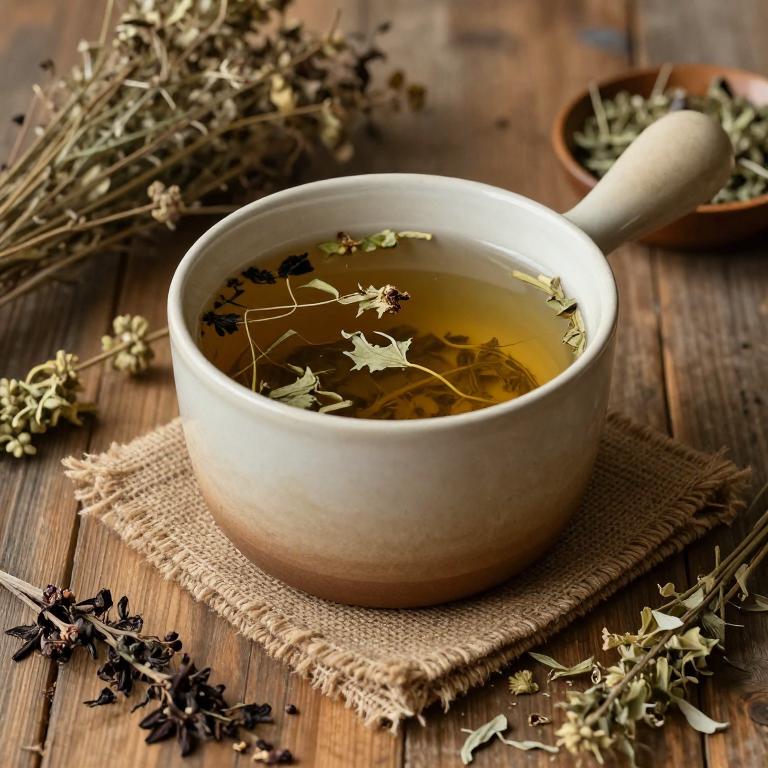
Ginkgo biloba, an ancient tree known for its medicinal properties, has been traditionally used in herbal medicine for various health benefits, including improving circulation and cognitive function.
While it is not a direct treatment for baldness, some studies suggest that its ability to enhance blood flow may support scalp health and potentially aid in hair growth. Herbal decoctions made from ginkgo biloba leaves are often prepared by simmering the leaves in water to extract their active compounds, which are believed to have antioxidant and anti-inflammatory effects. These decoctions are sometimes used in combination with other herbs in traditional Chinese medicine to promote overall scalp vitality.
However, more scientific research is needed to fully understand its efficacy in treating hair loss, and it should not replace professional medical advice or treatments.
8. Sacred lotus (Nelumbo nucifera)
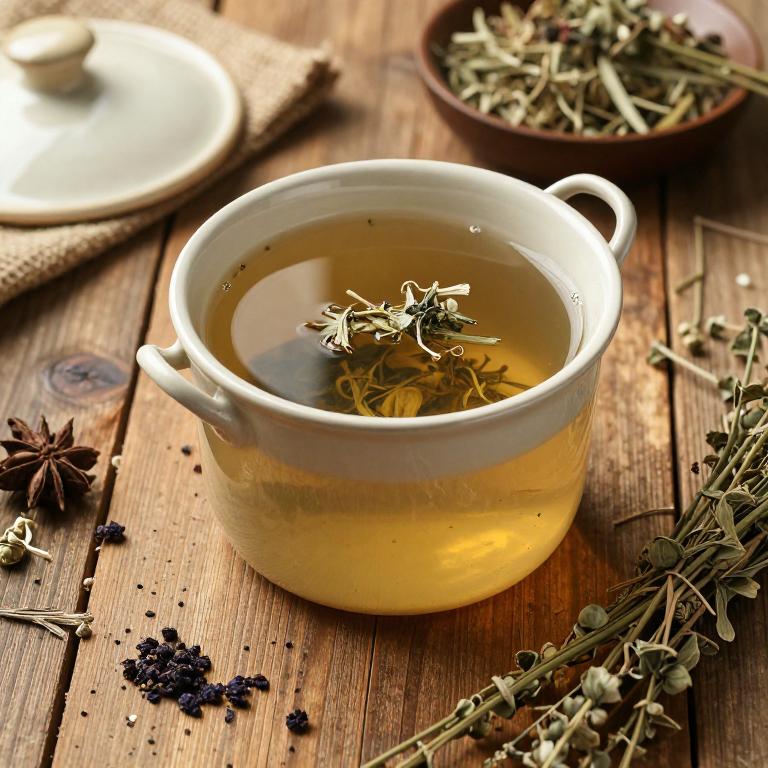
Nelumbo nucifera, commonly known as the sacred lotus, has been traditionally used in Ayurvedic medicine for its various therapeutic properties, including its potential role in addressing baldness.
Herbal decoctions made from different parts of the lotus plant, such as the leaves, flowers, and roots, are believed to stimulate hair growth and improve scalp health. These decoctions are often prepared by boiling the plant parts in water and applying the resulting liquid to the scalp or ingesting it as a tonic. The active compounds in Nelumbo nucifera, such as alkaloids and flavonoids, may help in promoting blood circulation to the scalp and reducing hair loss.
While some studies suggest promising results, more scientific research is needed to fully understand its efficacy in treating baldness.
9. Black pepper (Piper nigrum)

Piper nigrum, commonly known as black pepper, has been traditionally used in herbal medicine for its potential health benefits, though its direct role in treating baldness is not well-supported by scientific research.
Some anecdotal reports suggest that the essential oils and compounds in black pepper may stimulate blood circulation and promote hair growth, but these claims remain largely unverified. Herbal decoctions made from black pepper are sometimes used in combination with other herbs in traditional remedies aimed at improving scalp health and reducing hair loss. However, there is insufficient evidence to confirm its efficacy for baldness, and it is advisable to consult a healthcare professional before using it as a treatment.
Overall, while black pepper may offer some general health benefits, its specific use for addressing baldness should be approached with caution and further scientific study.
10. Centella (Centella asiatica)
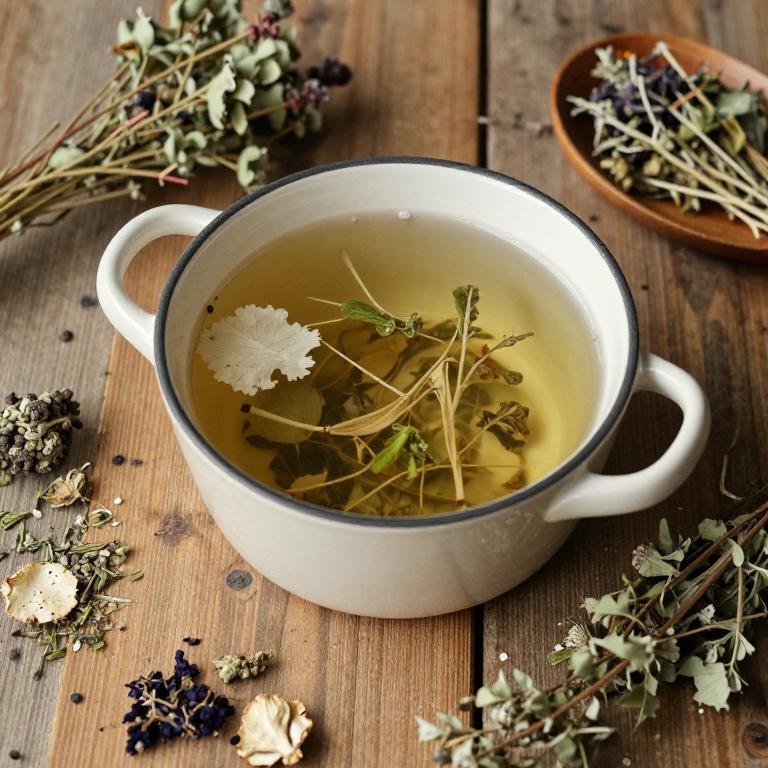
Centella asiatica, commonly known as gotu kola, has been traditionally used in herbal medicine for its potential benefits in promoting hair growth and treating baldness.
The plant contains active compounds such as asiatic acid, madecassic acid, and triterpenoids, which are believed to stimulate collagen production and enhance scalp health. Herbal decoctions made from Centella asiatica are often prepared by boiling the leaves in water and applying the resulting liquid to the scalp or ingesting it as a supplement. These decoctions are thought to improve circulation to the scalp and strengthen hair follicles, potentially reducing hair loss.
However, more scientific research is needed to fully validate its effectiveness for baldness, and it should be used in conjunction with other proven treatments under medical guidance.